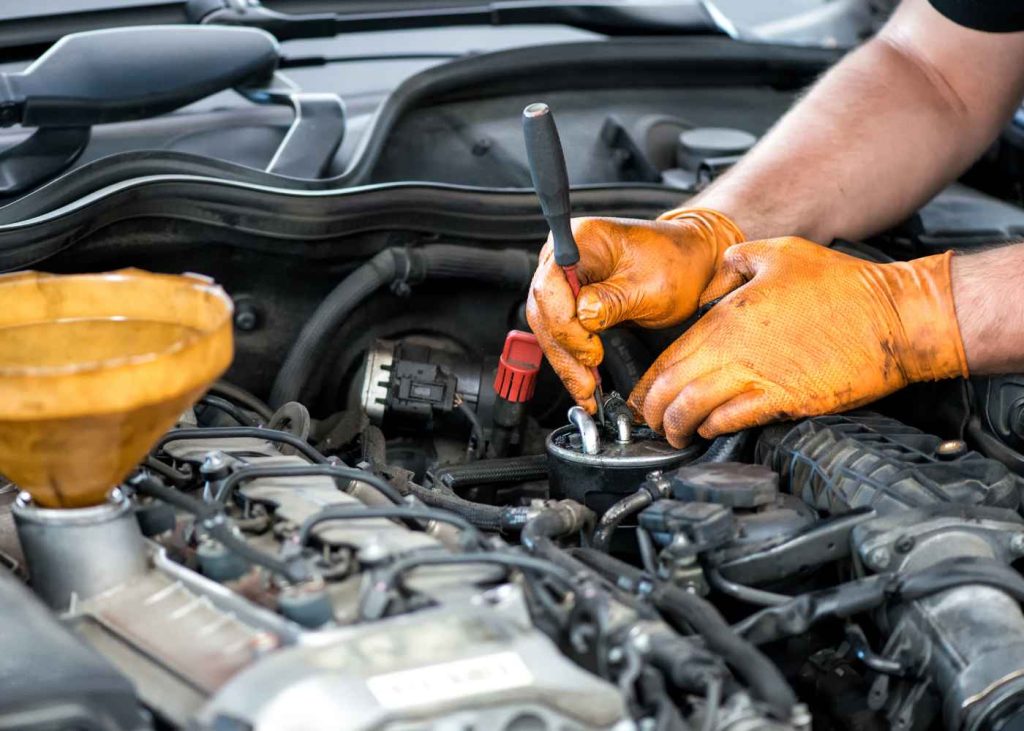Diesel engines are known for their durability, power, and fuel efficiency, but these benefits only materialize when proper maintenance schedules are followed consistently. Unlike gasoline engines, diesel engines operate under higher pressures and temperatures, creating unique maintenance requirements that cannot be ignored without serious consequences.
Understanding why diesel engines demand regular attention helps owners and operators make informed decisions about maintenance schedules and service investments. The cost of preventive maintenance pales in comparison to the expense of major repairs or premature engine replacement that results from neglect.
Protecting Expensive Engine Components from Damage
Diesel engines contain precision-manufactured components that operate under extreme conditions, making them vulnerable to damage when maintenance is deferred. High-pressure fuel systems, turbochargers, and injection systems require clean fluids and proper care to function reliably.
Fuel injection systems in modern diesel engines operate at pressures exceeding 30,000 PSI, demanding ultra-clean fuel and regular filter changes. Contaminated fuel can damage these expensive components within hours, resulting in repair bills that exceed thousands of dollars.
Turbocharger protection requires clean oil and proper warm-up procedures. These complex components spin at speeds over 100,000 RPM and depend on consistent lubrication to prevent bearing failure and costly replacement.
Cooling system maintenance prevents overheating that can warp cylinder heads, crack engine blocks, or damage head gaskets. These catastrophic failures often require complete engine rebuilds that cost more than the vehicle’s value.
Maintaining Optimal Fuel Economy and Performance
Clean air and fuel filters ensure diesel engines receive the proper air-fuel mixture needed for efficient combustion. Clogged filters reduce power output while increasing fuel consumption, costing operators money in both performance and operating expenses.
Oil quality directly affects internal engine friction and heat generation. Fresh oil with proper additives reduces friction while carrying away contaminants that can damage bearing surfaces and cylinder walls.
Exhaust system maintenance including diesel particulate filters and selective catalytic reduction systems ensures compliance with emissions regulations while maintaining fuel economy. Neglected exhaust systems can enter limp mode, severely limiting performance.
Engine timing adjustments and valve clearance specifications must be maintained within manufacturer tolerances to ensure optimal combustion efficiency and power output.
Preventing Costly Breakdowns and Downtime
Scheduled maintenance identifies potential problems before they cause catastrophic failures that leave vehicles or equipment stranded. Early detection of issues allows for planned repairs during convenient downtime rather than emergency situations.
Belt and hose inspections prevent unexpected failures that can strand operators far from service facilities. These relatively inexpensive components can cause major damage if they fail while engines are operating.
Battery and electrical system maintenance ensures reliable starting, especially important for diesel engines that require more cranking power than gasoline engines. Dead batteries in remote locations create expensive recovery situations.
Preventive maintenance schedules allow operators to plan downtime during slow periods rather than experiencing unexpected breakdowns during peak operating seasons when equipment is most needed.
Extending Overall Engine Lifespan
Regular maintenance can extend diesel engine life to 300,000-500,000 miles or more, compared to 150,000-200,000 miles for neglected engines. This longevity represents substantial value retention and reduced replacement costs over time.
Wear pattern monitoring through oil analysis and regular inspections identifies developing problems before they cause permanent damage. Early intervention often prevents minor issues from becoming major overhauls.
Proper maintenance preserves warranty coverage that can save thousands in repair costs. Manufacturers require documented maintenance to honor warranty claims on expensive engine components.
Component replacement schedules ensure parts are changed before they fail, preventing secondary damage that occurs when worn components affect other engine systems.
Ensuring Regulatory Compliance and Safety
Emissions system maintenance keeps diesel engines compliant with environmental regulations that carry significant penalties for violations. Modern diesel engines include complex emissions control systems that require regular service to function properly.
Safety inspections required for commercial vehicles depend on properly maintained engines that meet performance and emissions standards. Failed inspections can ground commercial vehicles until repairs are completed.
Insurance requirements often mandate regular maintenance for commercial fleets. Failure to maintain proper service records can void coverage or increase premiums significantly.
Environmental protection from properly maintained engines reduces harmful emissions while preventing fuel leaks that can contaminate soil and groundwater.
Maximizing Your Investment
Diesel engines represent significant investments that deserve protection through proper maintenance provided by companies like Elite Automotive. Whether powering commercial trucks, construction equipment, or marine vessels, these engines provide years of reliable service when cared for properly.
The discipline of following manufacturer maintenance schedules pays dividends through reduced operating costs, improved reliability, and extended service life. Smart operators view maintenance as insurance against costly failures rather than unnecessary expenses.
Regular maintenance is not optional for diesel engines—it’s essential for protecting your investment while ensuring safe, efficient, and reliable operation throughout the engine’s service life.


